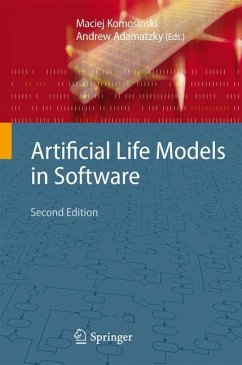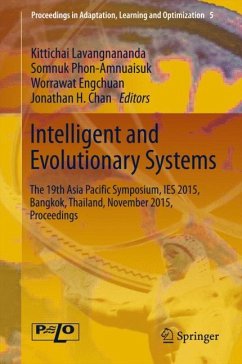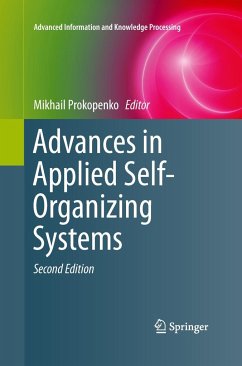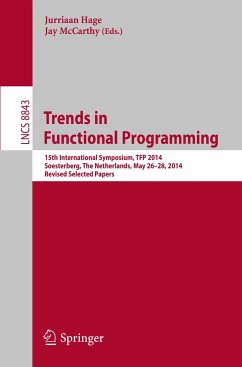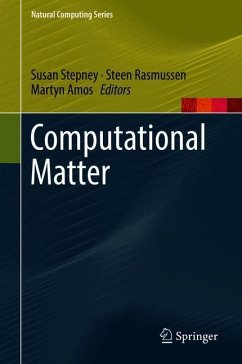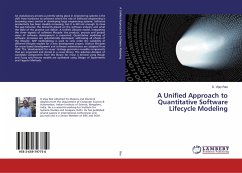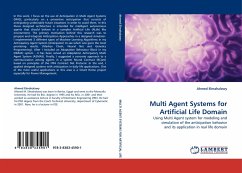
Multi Agent Systems for Artificial Life Domain
Using Multi Agent system for modeling and simulation of the anticipation behavior and its application in real life domain
Versandkostenfrei!
Versandfertig in 6-10 Tagen
45,99 €
inkl. MwSt.

PAYBACK Punkte
23 °P sammeln!
In this work, I focus on the use of Anticipation in Multi Agent Systems (MAS), particularly on a preventive anticipation that consists of anticipating undesirable future situations in order to avoid them. In this thesis designed architecture is intended for intelligent autonomous agents that should behave in a complex Artificial Life (ALife) like environment. The primary motivation behind this research was to propose and integrate Anticipation Approaches in a designed simulator. I implemented 3 different types of Machine Learning Algorithms in my Anticipatory Agent System (Anticipator) to see ...
In this work, I focus on the use of Anticipation in Multi Agent Systems (MAS), particularly on a preventive anticipation that consists of anticipating undesirable future situations in order to avoid them. In this thesis designed architecture is intended for intelligent autonomous agents that should behave in a complex Artificial Life (ALife) like environment. The primary motivation behind this research was to propose and integrate Anticipation Approaches in a designed simulator. I implemented 3 different types of Machine Learning Algorithms in my Anticipatory Agent System (Anticipator) to see which one gives the most promising results. (Markov Chain, Neural Net and Genetics Programming). After I included an Adaptation Behaviour Block in my (NMAS) system - it has been solved an Adaptation Anticipatory Multi Agent System (A2MAS). Finally, I suggested a concrete approach to a communication among agents in a system Round Contract (RCont) based on principles of the FIPA Contract Net Protocol. In the end, I applied designed systems with anticipation in daily life applications. One of the most useful applications in this area is a Smart Home project especially for Power Management.



